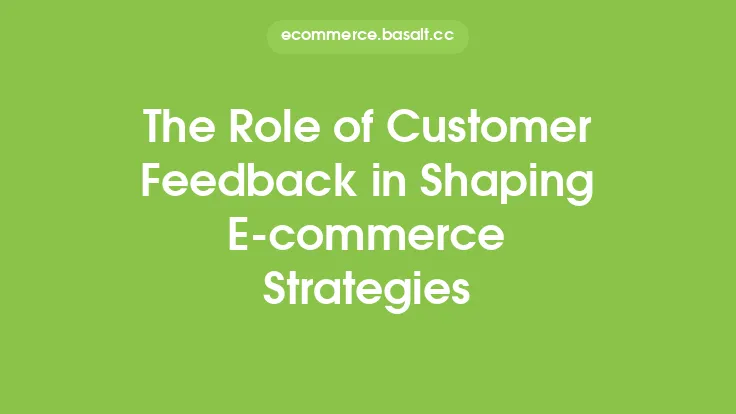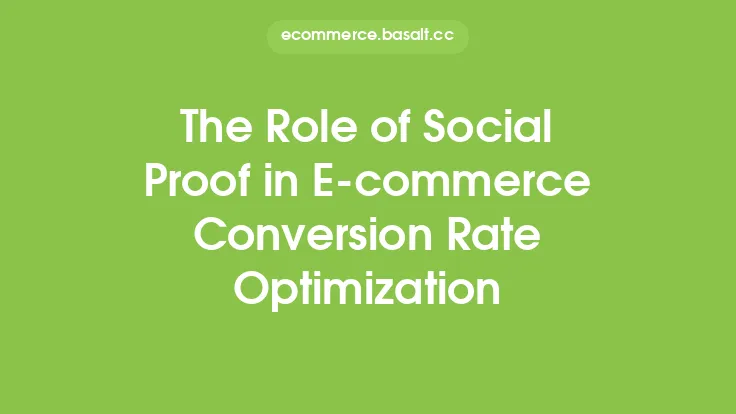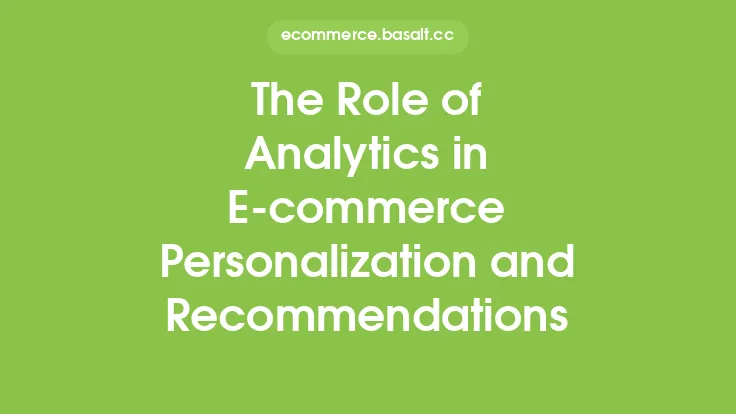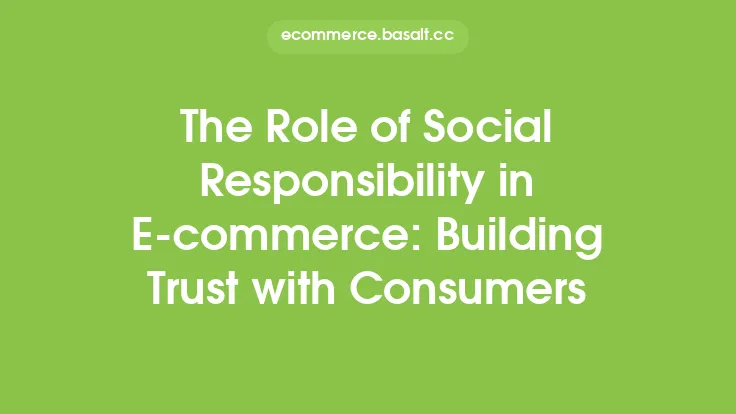The rise of social media has revolutionized the way consumers interact with brands and make purchasing decisions in the e-commerce landscape. Social media platforms have become an integral part of the consumer journey, influencing behavior and shaping preferences. In this article, we will delve into the role of social media in shaping consumer behavior in e-commerce, exploring the various ways in which social media impacts consumer decision-making and the strategies that e-commerce businesses can use to leverage social media effectively.
Introduction to Social Media and E-commerce
Social media has become an essential channel for e-commerce businesses to reach and engage with their target audience. With billions of active users on platforms such as Facebook, Instagram, Twitter, and Pinterest, social media offers a vast and diverse audience for e-commerce businesses to tap into. Social media platforms provide a unique opportunity for businesses to build brand awareness, drive website traffic, and generate sales. By creating engaging content, responding to customer inquiries, and leveraging social media advertising, e-commerce businesses can establish a strong online presence and build a loyal customer base.
The Impact of Social Media on Consumer Behavior
Social media has a profound impact on consumer behavior in e-commerce. Social media platforms influence consumer decision-making in several ways, including:
- Building brand awareness: Social media helps to increase brand visibility and awareness, making it more likely that consumers will consider a brand when making a purchasing decision.
- Influencing purchasing decisions: Social media platforms such as Instagram and Facebook provide a platform for consumers to discover new products and brands, with many consumers using social media to research products and read reviews before making a purchase.
- Driving website traffic: Social media platforms can drive significant traffic to e-commerce websites, with many consumers clicking on links to websites from social media posts and ads.
- Providing customer support: Social media platforms provide a channel for consumers to contact businesses and receive customer support, with many businesses using social media to respond to customer inquiries and resolve issues.
Social Media Platforms and E-commerce
Different social media platforms have different strengths and weaknesses when it comes to e-commerce. For example:
- Facebook is a powerful platform for building brand awareness and driving website traffic, with its large user base and advanced advertising capabilities.
- Instagram is a visually-driven platform that is ideal for showcasing products and building brand awareness, with its large user base and high engagement rates.
- Twitter is a fast-paced platform that is ideal for providing customer support and responding to customer inquiries, with its real-time nature and character limit.
- Pinterest is a platform that is ideal for driving sales and conversions, with its large user base and high purchase intent.
Strategies for Leveraging Social Media in E-commerce
To leverage social media effectively in e-commerce, businesses should consider the following strategies:
- Create engaging content: Businesses should create high-quality, engaging content that resonates with their target audience and encourages interaction and sharing.
- Use social media advertising: Social media advertising can be an effective way to reach a large audience and drive website traffic and sales.
- Respond to customer inquiries: Businesses should respond promptly to customer inquiries and resolve issues in a timely and professional manner.
- Monitor and measure performance: Businesses should monitor and measure their social media performance regularly, using metrics such as engagement rates and website traffic to evaluate the effectiveness of their social media strategy.
The Future of Social Media in E-commerce
The future of social media in e-commerce is likely to be shaped by several trends, including:
- The rise of social commerce: Social commerce refers to the integration of e-commerce functionality into social media platforms, allowing consumers to purchase products directly from social media posts and ads.
- The increasing importance of video content: Video content is becoming increasingly important in social media, with many platforms prioritizing video content in their algorithms and many consumers preferring to consume video content over other types of content.
- The growing role of influencer marketing: Influencer marketing is becoming increasingly important in e-commerce, with many businesses partnering with influencers to promote their products and reach new audiences.
- The need for social media analytics: As social media becomes increasingly important in e-commerce, businesses will need to use social media analytics to measure and optimize their social media performance.
Conclusion
In conclusion, social media plays a critical role in shaping consumer behavior in e-commerce. By building brand awareness, influencing purchasing decisions, driving website traffic, and providing customer support, social media platforms have become an essential channel for e-commerce businesses to reach and engage with their target audience. To leverage social media effectively, businesses should create engaging content, use social media advertising, respond to customer inquiries, and monitor and measure their performance regularly. As social media continues to evolve and play an increasingly important role in e-commerce, businesses that fail to adapt and leverage social media effectively risk being left behind.





